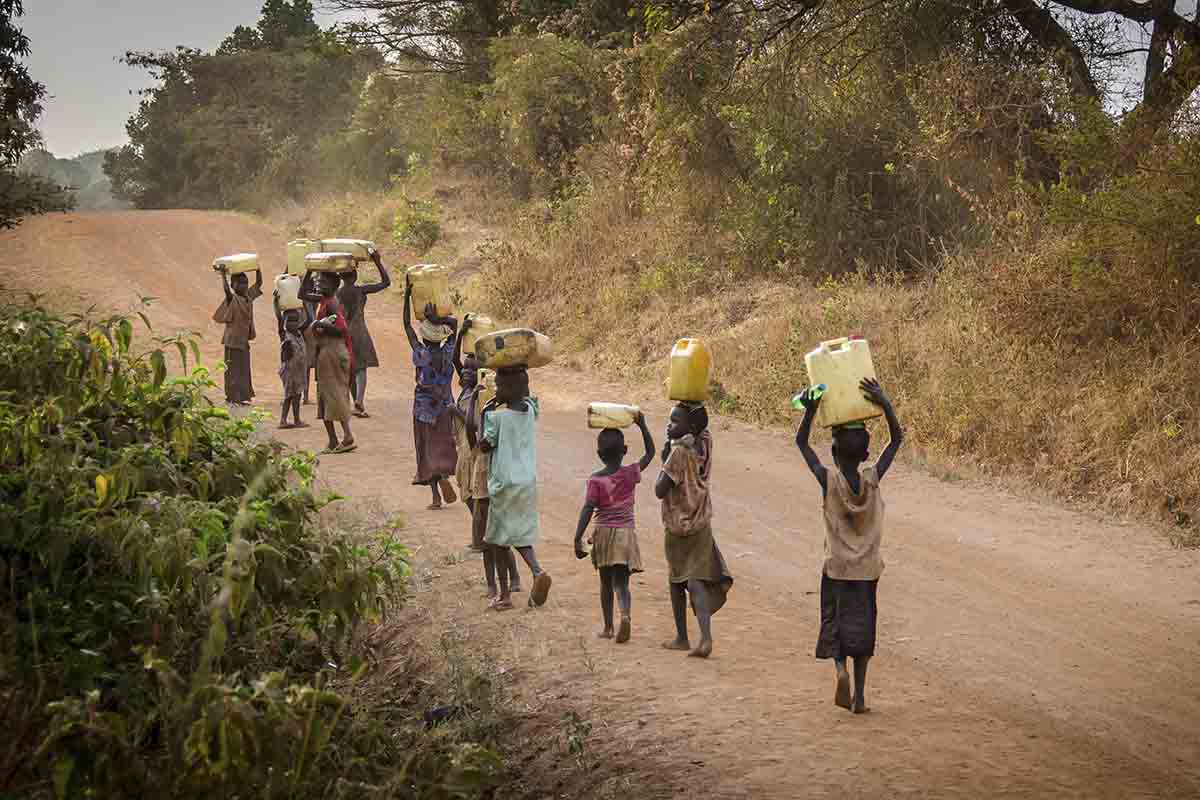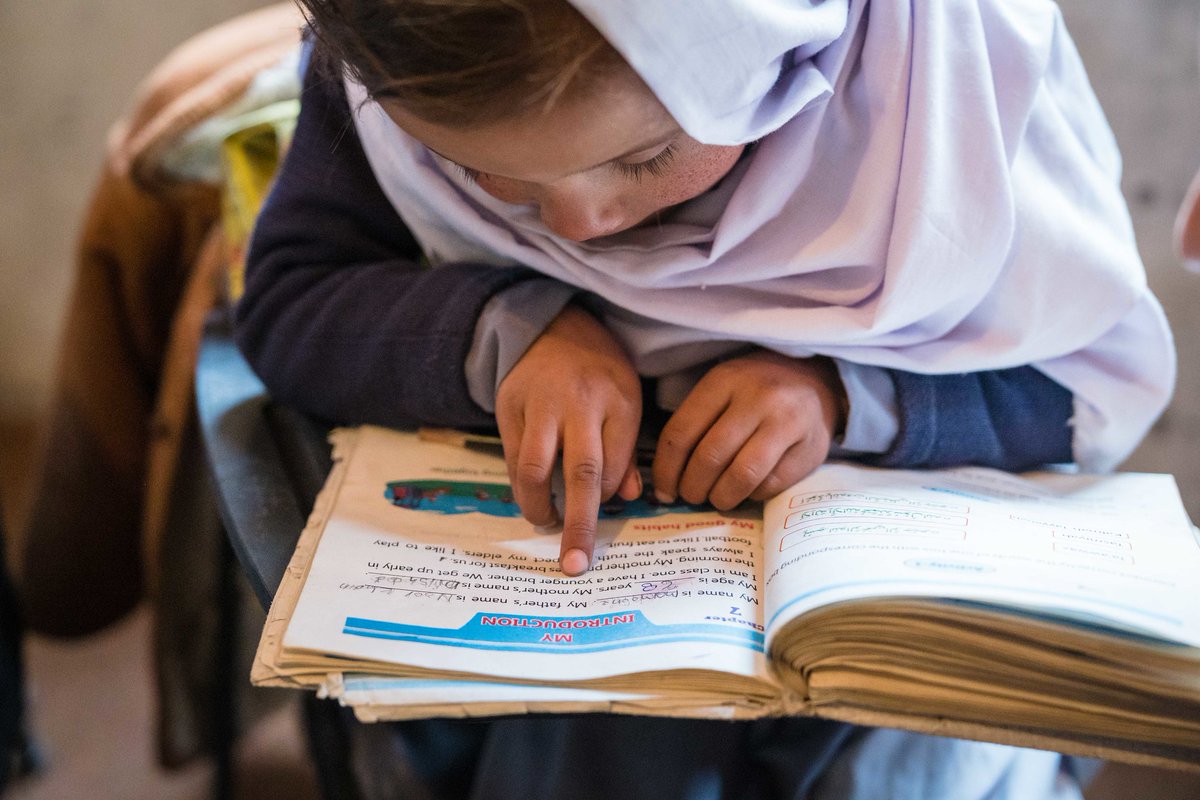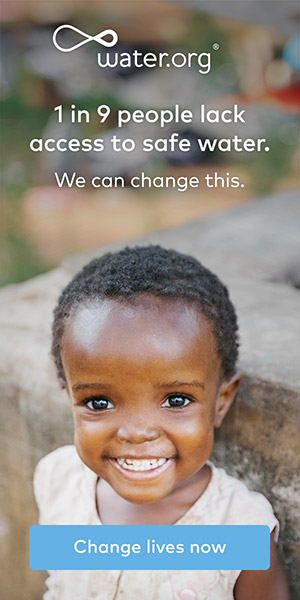
Water binds all aspects of existence together. Access to clean water and sanitation may rapidly transform difficulties into opportunities, freeing up people’s time for education and work and contributing to global health improvements for women, children, and families.
In today’s time, over 700 million people – or one in every nine – lack access to clean drinking water. At the same time, two billion people or one in every three – lack access to a sanitary water closet or toilet. These are the individuals whom we empower in Stepping Up Water.
Health and Sanitation Crisis
The water crisis has reached the level of a public health emergency. Every year, more than 1 million people die due to water, sanitation, and hygiene-related diseases that might be avoided if people had access to safe drinking water and sanitary facilities. It is estimated that one child dies from a water-borne disease every two minutes.
Because of this, there is less physical harm as a consequence of the constant lifting and carrying of huge amounts of water. As the globe grapples with the COVID-19 pandemic, access to safe drinking water is more important for families’ health worldwide.
Educational Crisis

Children are often entrusted with the duty of collecting water for their families use. This takes time away from school and playtime for children. This relationship is altered when people have access to safe drinking water and sanitary methods. A decrease in the amount of time spent collecting water has been found to increase school attendance, especially among females. Having access to safe drinking water enables children to play and allows them to have a successful future.
An Economic and Business Crisis
The amount of time spent gathering water or locating appropriate sanitary practices amounts to billions of dollars in lost economic opportunities. Every year, $260 billion is lost due to a lack of access to basic water and sanitary services. When families have access to safe drinking water and approaches to cleanliness at home, they may turn time spent into time saved, allowing them to devote more time to education and job opportunities that will help them break free from the cycle of poverty.
